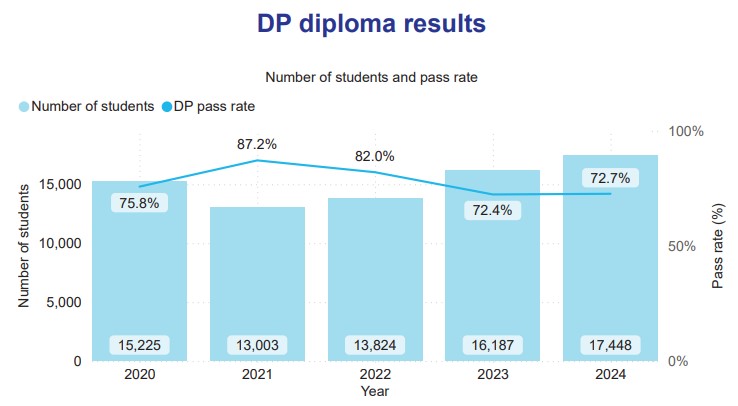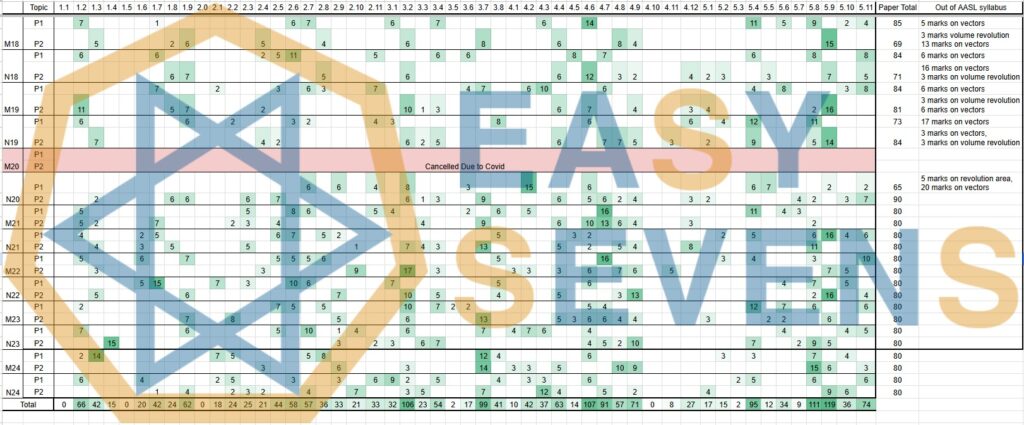If you’re an IB student, you may be wondering whether you’re more stressed than students from other curriculums such as the A-Levels, AP or DSE. This is a common question, and one that has been the subject of research by Shannon Suldo and Dr. Elizabeth Shaunessy-Dedrick. In this article, we’ll take a look at their studies on academic stress among IB students. Specifically, we’ll explore prevalence rates of IB stress and high levels of stress across different groups of students, as well as coping strategies used by IB students.
Understanding Academic IB Stress
Before we dive into the research, let’s first define what we mean by academic stress. Academic stress is simply stress caused by academic demands. When the demands exceed your resources (such as time, energy, motivation, knowledge, materials, willpower, or help), you may experience stress or even burnout.
In Hong Kong, the education system is highly competitive and stressful, and the IB programme is no exception. The workload can be overwhelming, and the pressure to perform well is intense. Many students also have extracurricular activities, volunteer work, and part-time jobs, which can add to their stress levels. Moreover, the IB curriculum is demanding and requires students to be self-directed learners. Students are expected to manage their own time, set their own goals, and work independently. This level of responsibility can be challenging for some students, and it can be difficult for them to stay motivated and focused.
Prevalence Rates of Academic IB Stress
In their studies, Suldo and Dedrick compared IB and AP (Advanced Placement) students with students in other courses in American schools. They looked at stress levels and coping styles, and found that IB and AP students rated their stress levels as slightly higher than students in other courses (4.3 out of 5 versus 4.1 out of 5).
While this difference may not seem significant, it’s worth noting that higher stress correlated with poorer mental health and lower life satisfaction among IB students. However, students with positive appraisals of stress (meaning they viewed stress as a potential benefit) and good family communication had higher life satisfaction. This suggests that individual differences and coping strategies play an important role in managing academic stress.
Coping Strategies Used by IB Students
In a separate study, Suldo and Dedrick looked at coping strategies used by IB students and which strategies were most effective. This study will be discussed in more detail in a future article, but some of the key findings include:
- Problem-focused coping (such as seeking information, planning, and taking action, and seeking help from an IB tutor) was more effective than emotion-focused coping (such as venting, avoidance, and wishful thinking).
- Social support (such as talking to friends or family) was also an effective coping strategy.
- Self-blame and wishful thinking were not effective coping strategies and were associated with higher levels of stress.
Conclusion
So, are IB students more stressed than others? While the research suggests that IB and AP students may experience slightly higher levels of stress, individual differences and coping strategies play an important role in managing stress. By focusing on problem-solving, seeking social support, and avoiding negative coping strategies like self-blame and wishful thinking, IB students can better manage academic stress and improve their mental health and well-being. If you’re an IB student looking for more resources on managing stress and succeeding in your coursework, consider checking out our blog with tips on tackling various IB courses.




